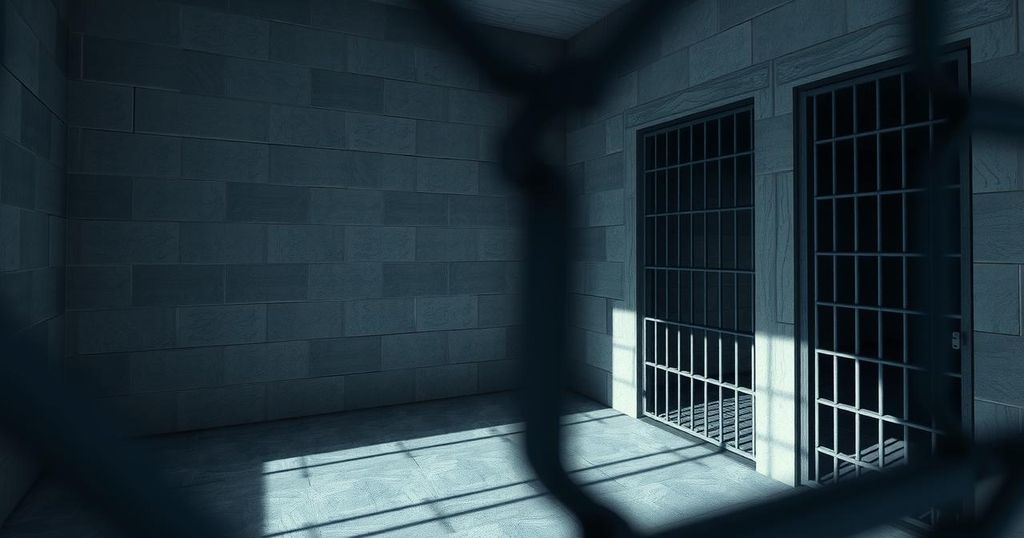Tahawwur Rana’s Extradition: India’s Quest for Justice in 26/11 Attacks

Tahawwur Rana’s extradition to India follows a US Supreme Court denial of his legal appeals. He will be interrogated by a special team comprising NIA officers and psychologists aiming to uncover connections to the 26/11 Mumbai attacks. Rana’s past legal battles and his alleged role in the attacks highlight the complex nature of counter-terrorism efforts. His interrogation is seen as vital for justice and accountability for the victims.
Tahawwur Rana is set to arrive in India today after his extradition from the US, following the denial of his final legal appeal by the US Supreme Court. Upon arrival, he will be taken directly to a high-security cell in Tihar Jail without a public court appearance, and his remand hearing may occur in-camera due to security concerns surrounding this high-profile case. Rana is already preparing his defense with his counsel.
A senior official noted that Rana has undergone extensive questioning previously, indicating that extracting significant information from him may present challenges. “He would know where to mislead us and create smokescreens. This will be time-consuming,” said the official, clarifying the complications investigators might face during interrogation.
An interrogation team from the National Investigation Agency (NIA), along with intelligence agencies and forensic psychologists, will conduct the questioning. Their objective is to unravel the institutional support behind the 26/11 Mumbai attacks. Rana’s transfer to Indian authorities was facilitated by assurances from India to the US regarding his safety and legal rights in accordance with international standards.
Rana’s involvement in the 26/11 attacks extends beyond facilitation, as he allegedly played a significant operational role. According to the NIA’s 2011 chargesheet, he assisted David Coleman Headley in obtaining a visa and setting up a fake immigration consultancy, which served as a front for reconnaissance activities. His active involvement included traveling to Indian cities shortly before the attacks, maintaining contact with Headley, and finalizing attack targets.
Rana has a history of legal entanglements, having been arrested in 2009 for aiding a failed terror plot. Despite being acquitted by a US court regarding 26/11, he received a 14-year sentence for other charges. India consistently pursued his extradition, countering his legal objections, which included claims of potential torture in India. Ultimately, he was extradited after the US Supreme Court dismissed his appeals.
Investigators in India perceive Rana as a key figure who could unveil further links between Lashkar-e-Taiba (LeT) and Pakistani intelligence. They hope to extract information about operatives still at large, including Hafiz Saeed and Zaki-ur-Rehman Lakhvi, whose connections to the attack pose ongoing challenges. Without Pakistan’s cooperation, Indian agencies have faced significant hurdles in moving forward with legal actions against these individuals.
Rana’s arrival is not only a critical legal milestone but also holds symbolic significance, marking a step towards justice for the victims of the Mumbai attacks. This event is intertwined with the personal experiences of survivors and families affected by the terror attacks, which resulted in 166 fatalities.
In February, former President Donald Trump acknowledged the extradition, labeling Rana as “a very evil man.” However, as Rana begins the interrogation process in India, the implications for national security and counter-terrorism strategies remain to be seen. Investigators are hopeful that his testimony may lead to substantial breakthroughs, although challenges such as misinformation and evasion may arise during questioning.
The extradition of Tahawwur Rana marks a significant step in India’s efforts to address the longstanding impacts of the 26/11 Mumbai attacks. Indian authorities anticipate that Rana will provide crucial insights into the network that supported the attacks, contributing to ongoing investigations into terror operations linked to Pakistan. While the journey toward justice is expected to be lengthy and fraught with challenges, Rana’s presence in India renews hope for accountability and a deeper understanding of organized terrorism.
Original Source: m.economictimes.com





